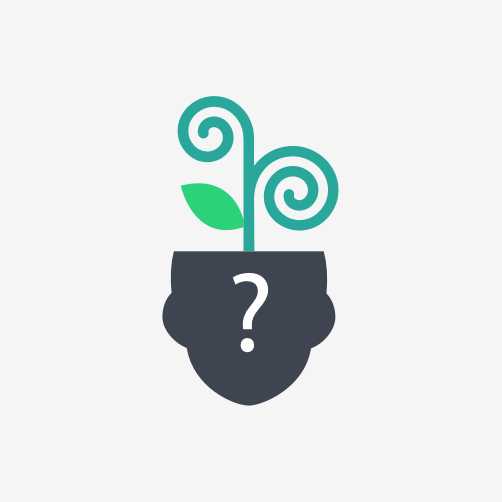Many students don’t like working in groups. Honestly, one of the most consistent questions I received when running a SOLE was “Miss, can I do this by myself?”. I can’t say I blame them– some personalities just prefer doing work alone. Many people (students and adults alike) dream of a quiet office where they can sit and work in peace. However, something that becomes very apparent when looking at career paths is that almost no one works in isolation anymore.
Gone are the days of sitting at a desk doing work alone– even if that’s what you do most days, you’re still going to be on a team at some point. More often than not, you’ll be expected to collaborate with others almost daily, and it’s not the easiest skill to develop, especially if it doesn’t come naturally to you. Collaboration is more than just throwing a few people onto the same project, and hoping they don’t murder each other; it takes practice. But knowing how to collaborate isn’t just a perk for employers anymore–it’s a requirement.
Take Google. Yes, that Google. Google, the #1 “Fortune’s Best Companies to Work For” for eight of the past 11 years. Google, who provides the docs feature that I’m writing this blog on (since I, like most people I know, don’t pay for Microsoft Suite anymore). Google, whose search engine you probably use at least ten times a day. Google is incredibly successful monetarily but also leads the field in worker satisfaction, largely because they’ve engineered whole workspaces to maximize collaboration and creativity. Collaboration helps us learn from each other, be more creative, and maximize our skill set.
But again, how do we teach students to collaborate? The best (and easiest) way is just to have them practice. By working together, they learn what makes a group function (or not). They learn how to compromise, how to listen to each other, how to evaluate each other’s skills, how to delegate, and how to come together to make something none of them could have made apart. But to get better at teaching students how to collaborate, we have to take a look at what goes into collaboration (and be ready to deal with the fallout from it).
Bruce Tuckman in 1965 described the stages of group development as forming, storming, norming, and performing. In order for groups to succeed, they have to go through all of them. The first is easy–they form into groups, are generally on their best behavior, but work pretty independently. They discuss who is doing what, and become oriented to the task.
The second stage, storming, is where it gets tricky. Not every group will go through this, but in my experience, most students will. This is where they start to bicker. Where they question each other. Where they argue, they clash, where you want to pull your hair out because they constantly complain about each other. It’s a hard stage, but it’s completely normal for students who aren’t used to having to rely on each other. I know how frustrating it is (believe me–I’ve had several lifetime’s worth of students complaining about each other), but it’s a vital step for those who are just learning how to truly collaborate. They need to learn to resolve differences, to cooperate, to move past disagreements if they want to succeed. Some groups will need help with this– I had group contracts (where everyone agreed to roles and expectations) for groups that needed more structure. But it’s ok to have moments that are in uncomfortable, and them pushing past it will only make their group more successful.
After storming comes norming. Don’t worry–at this point, the worst is over. This stage is in direct result to the disagreements in the previous stage, but some students will skip right to this. This is where they resolve those disagreements for the sake of the team. Whether or not they learn to like each other is irrelevant–the point is that they can work together.
Finally, we have performing. At this point, since they’re not focused on arguments, you see students being to, well, perform. They’re motivated, focused on their goals. It’s not that they won’t disagree on the best path to take, or the best answer to the SOLE question, but the disagreement doesn’t become the focus.
Some groups will go through this several times, though hopefully not all in one day. Ideally, you as the teacher wouldn’t have to intervene, though obviously that’s not always the case. The point is, sometimes groups don’t work perfectly. In fact, sometimes groups crash and burn. That doesn’t mean that your SOLE was a failure–in fact, some of my most valuable SOLEs had problems with their groups. However, the next time we did group work, students had learned a lesson about how to function when working with others. SOLEs may only be an hour, but education is ongoing, and one bad day of collaborating doesn’t lessen the importance. The point is we’re preparing them for their futures–even when it makes them a little uncomfortable or frustrated.



